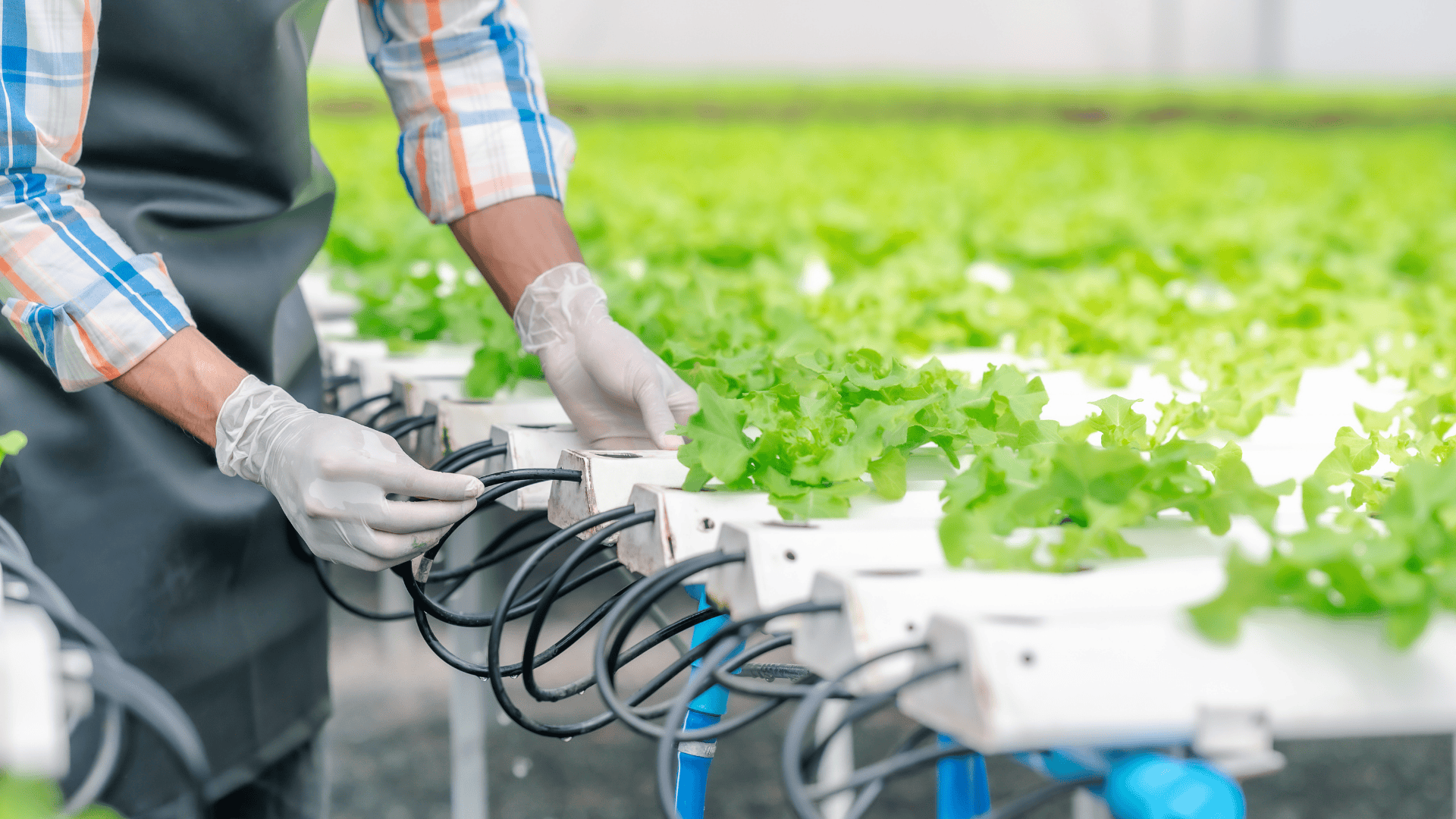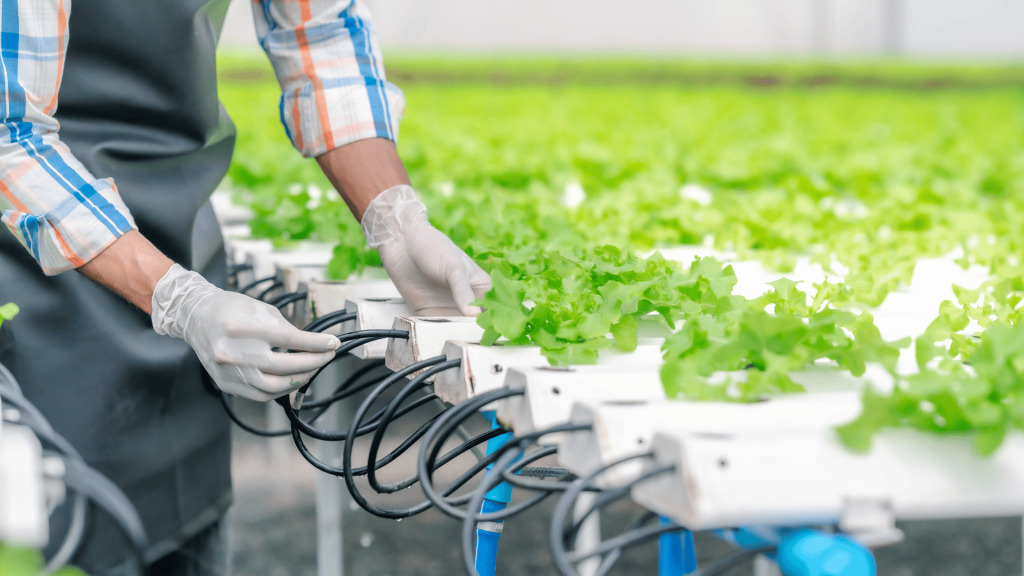Farming is in the midst of a transformation, shaped by the climate crisis and growing demands for efficiency, resilience, and accountability. As producers adopt regenerative practices, refine input strategies, and reduce waste, one critical factor often escapes the spotlight: the mechanical integrity of the machines that keep everything moving.
Tractors, tillers, harvesters, and sprayers are the lifeblood of modern farms. When they break down, operations come to a standstill. Delays cascade outward—planting windows close, harvests are compromised, and energy and fuel are wasted. Sustainable farming depends on reliable equipment. Without it, even the most thoughtful systems lose their footing.
Technology is delivering smarter tools and sensors to agriculture, but the foundation remains the same: consistent, skilled maintenance. In an era defined by long-term thinking, machine reliability has become essential to environmental and operational success.

The Downtime Dilemma: Why Machine Efficiency Matters
In agriculture, mechanical downtime isn’t just a setback. It can make or break a season. Missed application windows, harvest delays, and unplanned labor costs are the immediate consequences. Less visible—but no less important—are the environmental costs. Repeated field passes, additional fuel use, and spoiled outputs all add to the footprint.
Even rugged equipment designed for endurance is vulnerable to failure. Small issues left unchecked can spiral into major disruptions. A leaking hydraulic line or misfiring pump can sideline a machine for days. In tight growing windows, even short periods of inactivity can lead to avoidable losses.
Efficiency isn’t static. As agriculture embraces precision systems and regenerative approaches, equipment must operate with greater accuracy and reliability. Uptime becomes more than a technical goal—it’s a practical necessity for sustainable outcomes.
The Smart Maintenance Revolution
Advances in agtech are reshaping how farms maintain their machines. Where inspections once relied on routine checks and experience, they now benefit from real-time diagnostics, telematics, and data-informed alerts. These innovations are helping operators avoid breakdowns, improve safety, and extend the life of their assets.
Modern tractors and implements are equipped with sensors that monitor engine temperature, fluid pressure, and component wear. When anomalies appear, they prompt timely action, making maintenance proactive instead of reactive.
This shift supports both environmental and economic goals. On-demand servicing helps avoid unnecessary part replacements, reduces downtime, and cuts resource waste. Predictive strategies also guard against major failures, saving farms from high-cost repairs or operational pauses at peak times.
Technology doesn’t eliminate the need for hands-on service—it makes it smarter. With platforms like AI and IoT-based equipment management tools, farmers are gaining a clearer picture of equipment health and making decisions that extend the life and impact of their machines.
Ground-Level Innovation: From Grease Points to Green Goals
Even in the most sophisticated operations, sustainable outcomes depend on ground-level reliability. Equipment must work when it’s needed. Planning, timing, and efficiency all hinge on machines that perform under pressure.
Effective maintenance starts with fundamentals—knowing when service is due, identifying early signs of wear, and acting before problems escalate. Once considered routine, these tasks now carry strategic weight. They influence fuel use, emissions, and overall system integrity.
Hydraulic systems, for instance, are critical to daily operations. They control essential functions such as steering, lifting mechanisms, and mounted implements. A failure in these systems can bring operations to an abrupt and costly halt. When they fail, the disruption is immediate and often expensive. Timely hydraulic cylinder repairs help prevent extended downtime, avoid secondary damage, and maintain the level of precision required in sustainable farming.
Forward-looking farms treat service as a core function, not a reaction. They integrate it into seasonal rhythms, using it to protect performance and support ecological objectives.
Circular Thinking in the Field
When most people think about sustainability in agriculture, they imagine soil regeneration, reduced inputs, or smarter irrigation. Machinery maintenance rarely comes to mind. Yet the way farms care for their equipment plays a significant role in reducing waste and conserving resources.
Circular thinking starts with a mindset shift: prioritize repair over replacement. Every salvaged component saves raw materials, energy, and emissions tied to manufacturing and logistics. It also lowers costs and increases the operation’s resilience.
Longer equipment lifespans aren’t achieved by chance. They result from deliberate maintenance—timely inspections, expert servicing, and the use of tools that identify wear before it leads to failure. In this context, sustainability isn’t only about organic practices or input choices. It’s about bolts, bearings, and systems that continue delivering value season after season.
Treating machinery as a long-term asset encourages stewardship, reduces waste, and aligns seamlessly with the goals of the circular economy.
Rethinking What It Means to Be a Sustainable Farm
Sustainability is built on decisions made daily—some technical, others operational. Maintenance is one of those quiet decisions that has an outsized impact. It supports performance, lowers emissions, and keeps vital systems in motion.
As ESG expectations become more prominent, equipment reliability signals more than mechanical strength. It shows a commitment to resource efficiency, accountability, and progress. Farms that prioritize uptime aren’t just maximizing output. They’re aligning with a new standard of agricultural responsibility.
Increasingly, the future of food production depends not only on growing smarter but also on managing infrastructure with care. Intentional equipment servicing reinforces broader shifts toward agricultural innovation and the future of food systems, making it clear that sustainability lives not only in the soil but in the systems that sustain the field.
Conclusion
Reliability is often invisible, but its impact is unmistakable. It’s embedded in every smooth harvest, every avoided delay, and every well-executed field pass. In farming, uptime is more than a number—it’s a measure of intention, responsibility, and the unseen mechanics of progress.

Founder Dinis Guarda
IntelligentHQ Your New Business Network.
IntelligentHQ is a Business network and an expert source for finance, capital markets and intelligence for thousands of global business professionals, startups, and companies.
We exist at the point of intersection between technology, social media, finance and innovation.
IntelligentHQ leverages innovation and scale of social digital technology, analytics, news, and distribution to create an unparalleled, full digital medium and social business networks spectrum.
IntelligentHQ is working hard, to become a trusted, and indispensable source of business news and analytics, within financial services and its associated supply chains and ecosystems











